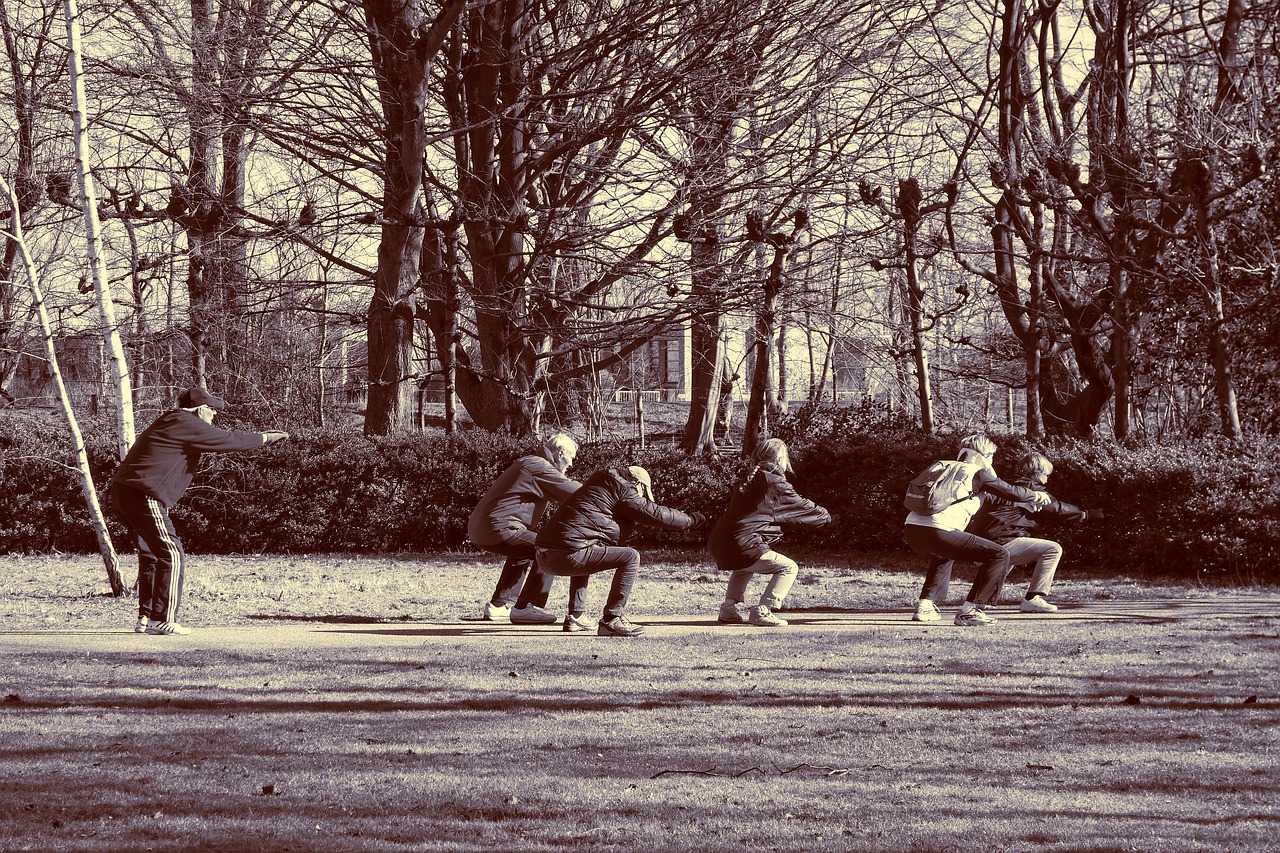In modern society, many people find themselves sitting all day. However, research shows that prolonged sitting can lead to a decline in brain function. In this context, half squats are gaining attention as a method to maintain brain health.

1. The Impact of a Sedentary Lifestyle on Brain Health
Sedentary behavior hinders blood circulation, increasing the risk of various diseases. In particular, reduced blood flow to the brain can raise the risk of mild cognitive impairment. This can lead to a decline in brain function, posing a serious problem.
2. The Effects of Half Squats
Recent studies suggest that performing half squats for one minute periodically during long sitting periods can prevent a decline in brain function. A half squat involves leaning against a wall or taking a half-sitting posture, with feet shoulder-width apart and knees bent at 30-40 degrees, holding the position for 10-15 seconds.
3. Detailed Study Results
A study conducted by the American Physiological Society involved 20 adults. Participants sat for 3 hours, then did half squats for one minute every 20 minutes during the next 3 hours. The results showed a 0.3% increase in blood flow to the brain during the half squats, compared to a 3.7% decrease when just sitting.
4. Benefits of Half Squats
Half squats strengthen the glute and thigh muscles and promote blood circulation. This increases blood flow to the brain, helping to maintain cognitive function. The research team emphasized the need for conscious movement efforts, especially when sitting for long periods at work.
5. Practical Application in Daily Life
Incorporating half squats into your daily routine is not difficult. Try doing half squats for one minute every 20 minutes. This simple exercise can significantly help in maintaining brain health.
Conclusion
Half squats are a simple and effective method for modern individuals to manage brain health while sitting for long periods. They promote blood circulation and help maintain cognitive function. Make it a daily practice.
